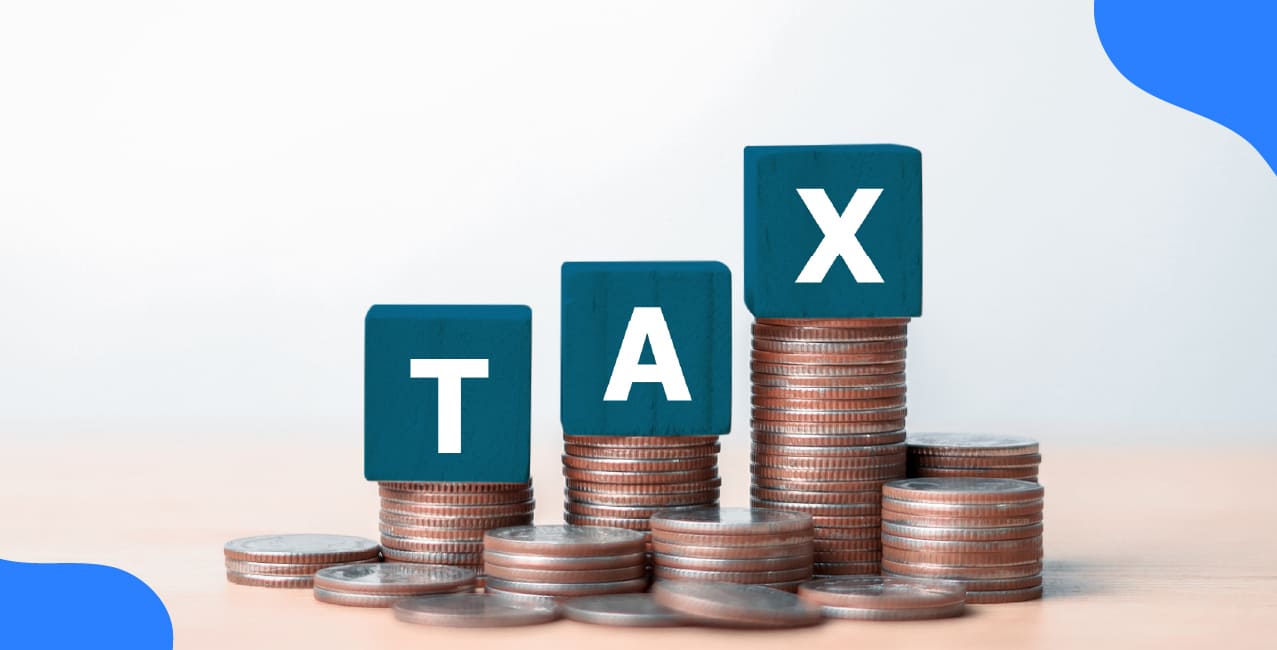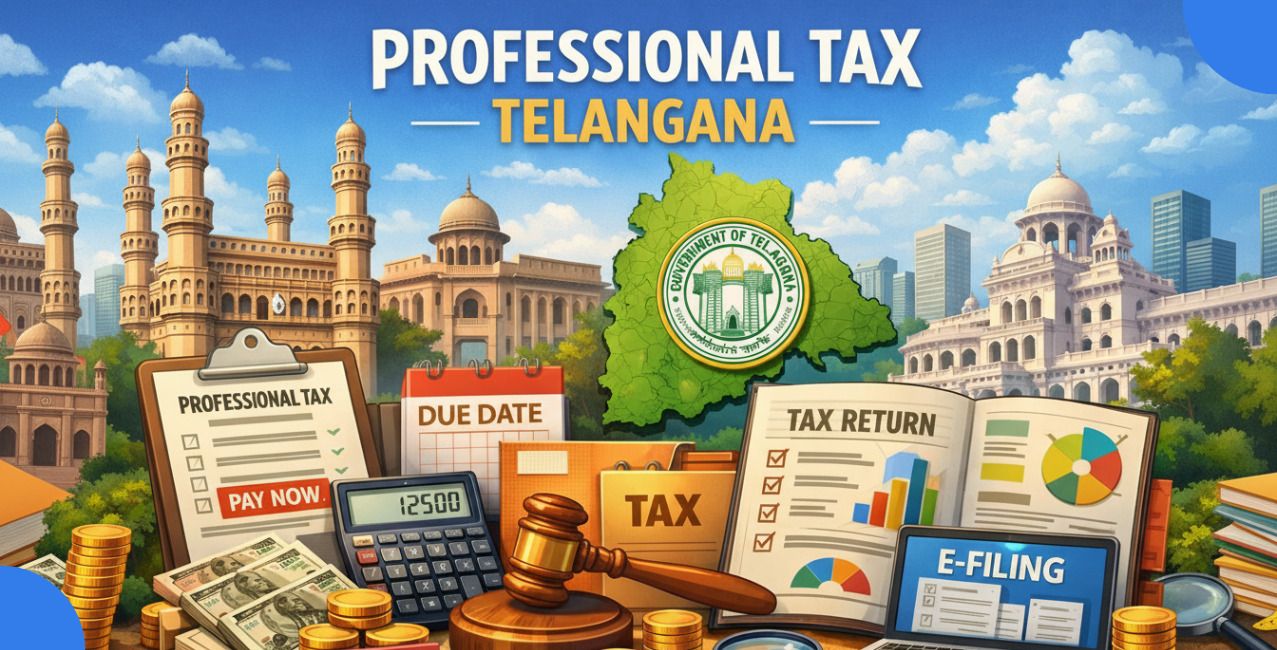Section 80E of the Income Tax Act: Complete Guide & Tax Benefits

Check Your Loan Eligibility Now
By continuing, you agree to LoansJagat's Credit Report Terms of Use, Terms and Conditions, Privacy Policy, and authorize contact via Call, SMS, Email, or WhatsApp
Key Highlights
- Under Section 80E, you can claim the entire interest paid on your education loan. The principle does not get deducted.
- You can claim this benefit for a maximum of 8 years. The time starts from when you begin repayment.
- If you have taken a loan for yourself, your spouse, children, or a student under your guardianship, then you can claim it. It applies only under the old tax regime.
Section 80E of the Income Tax Act allows a deduction on the interest paid on an education loan taken for higher studies. This benefit is available only for the interest, not the principal amount.
For example, Ms Asha took an education loan of ₹4,00,000 to pursue her Master’s degree. She started repaying the loan after completing her course. In the financial year 2024–25, she paid ₹45,000 as interest on the loan. She can claim this amount as a deduction under Section 80E.
The table given below explains the above example given above.
This deduction can be claimed for a maximum of eight years from the start of repayment. It helps reduce taxable income and encourages higher education. Let’s explore more about Section 800E of the Income Tax Act.
Importance of Section 80E of the Income Tax Act
Section 80E offers valuable tax relief to individuals who take education loans for higher studies. It encourages investment in education by reducing the tax burden. Here is why this section is important:
- Supports higher education: It helps individuals and families afford higher education in India or abroad by reducing overall financial pressure.
- Offers interest-only benefit: The deduction applies only to the interest paid, which often forms a major part of initial repayments.
- Covers close family members: You can claim the deduction if the loan is taken for yourself, your spouse, children, or a student you are a legal guardian of.
- Gives relief for 8 years: The deduction can be claimed for up to eight years, starting from the year interest repayment begins, or until the interest is fully paid—whichever comes first.
- Applies only to individuals: Only individual taxpayers using the old tax regime can claim this benefit; HUFs and others cannot.
This section promotes education and eases the financial load of repaying education loans.
Read More - Section 80EEA of Income Tax Act – Complete Guide to Home Loan Deduction
Objectives of Section 80E of The Income Tax Act
In India, education has been the biggest investment for decades. People take loans to study and earn a living. They don’t earn just to pay the EMIs. That is why Section 80E was introduced. With the tax benefits on education loans, earners can focus on other things.
The table gives a more profound view of the objectives of Section 80E of the Income Tax Act.
This shows the government’s intent to support higher education and make it financially accessible for more people.
TDS Rate Under Section 80E of the Income Tax Act
Section 80E does not involve any Tax Deducted at Source (TDS) as it is not related to income received but rather to tax benefits on education loan repayments. Instead of a TDS rate, this section offers a deduction on the interest paid on an education loan.
The borrower must repay the loan first and then claim the interest paid as a deduction while filing their income tax return. The deduction does not apply to the principal amount, and no upper limit is set on the interest amount that can be claimed.
To claim this benefit, the taxpayer must obtain a certificate from the bank or financial institution. It should clearly show the interest and principal portions of the loan repaid during the financial year.
Here is a simple table to explain:
It is advised to repay the loan within eight years to make full use of this deduction. You can claim tax benefits for a maximum of 8 years. The count starts from the year you begin repaying the loan. If you finish paying interest earlier, the benefit stops there.
For example, if your repayment starts in FY 2025–26, you can claim till FY 2032–33 (8 years), unless you clear the loan sooner.
Exemption Under Section 80E of the Income Tax Act
Section 80E provides an income tax exemption on the interest paid towards an education loan. This deduction works much like those under Section 80C or 80D, in that it reduces your taxable income before calculating your tax liability. However, unlike those sections, there is no upper limit to the amount you can claim under Section 80E. The full amount of interest paid during the financial year is eligible for deduction.
Here’s how the exemption under Section 80E works:
- You can claim the entire interest amount paid during the year as a deduction; no cap applies.
- The deduction is available only for the interest, not the principal part of the loan.
- You must reduce the interest amount from your gross taxable income to arrive at the net taxable income.
- This deduction is available for a maximum of 8 years or until the interest is fully paid, whichever is earlier.
Let’s understand it with a small example.
If your gross taxable income is ₹6.7,00,000 and you have paid ₹2,00,000 as interest on your education loan, your taxable income becomes ₹4,70,000. You will then be taxed on ₹4,70,000 instead of ₹6,70,000.
Due Date and Compliance Requirements Under Section 80E of the Income Tax Act
The deduction under Section 80E starts from the year you begin repaying the education loan, not from the year you took the loan. You can claim this deduction only for 8 financial years. The table below summarises the Section 80E for different situations.
Just remember this bit as well: to claim the deduction, you must:
- Obtain a certificate from your lender showing the interest paid.
- File your tax return using the old tax regime, as this benefit is not available under the new regime.
Now, you are all set to file the claim and invest your saved money in a better lifestyle or an FD.
Also Read - Section 194S of Income Tax Act – TDS on Virtual Digital Assets
Practical Examples
Example 1: Loan for Self
Mr Rohan took an education loan of ₹6,00,000 to study an MBA in the UK. He started repaying the loan in April 2023. During the financial year 2023–24, he paid ₹75,000 as interest on the loan. For a summary, refer to the table given below.
Rohan reduced taxable income by ₹75,000 through the Section 80E benefit.
Example 2: Loan for Child’s Education
Mrs Seema took an education loan for her daughter’s engineering degree. In the financial year 2024–25, she paid ₹1,20,000 as interest on the loan. The table given below gives a quick summary of this example.
Seema could claim the deduction even though the loan was for her daughter.
Example 3: Early Repayment
Ms Anjali repaid her education loan in 5 years. She claimed interest paid every year under Section 80E. After completing the repayment in the fifth year, she stopped claiming it.
The table summarises the example given.
Anjali claimed a deduction only for 5 years since her loan was fully repaid early.
These examples show how individuals can save tax on education loan interest under Section 80E when repaying the loan either for themselves or their family.
Conclusion
Section 80E helps taxpayers reduce their income tax by allowing a deduction on the interest paid on education loans. It supports higher education by offering tax relief to individuals who take loans for themselves, their spouse, children, or dependents. The deduction starts from the year the loan repayment begins.
It continues for a maximum of eight years or until the interest is fully repaid, whichever comes first. Since there is no upper limit on the interest amount, it provides significant relief. However, this benefit is available only under the old tax regime. By using this section wisely, taxpayers can ease the burden of education costs while also saving on taxes.
FAQ’s
Who can claim a deduction under Section 80E?
Only individual taxpayers can claim it if they repay interest on an education loan for themselves, their spouse, children, or a legal dependent.
What is the maximum limit for deduction?
There is no maximum limit. You can claim the entire interest paid on the education loan in a financial year.
Is principal repayment also eligible for deduction?
No, only the interest part of the loan EMI is allowed as a deduction under Section 80E.
How long can I claim the deduction?
You can claim it for 8 years from the start of repayment or until the interest is fully paid, whichever is earlier.
Is this deduction available under the new tax regime?
No, you can claim Section 80E benefits only if you file taxes under the old tax regime.
Other Related Pages | |||
About the author

LoansJagat Team
Contributor‘Simplify Finance for Everyone.’ This is the common goal of our team, as we try to explain any topic with relatable examples. From personal to business finance, managing EMIs to becoming debt-free, we do extensive research on each and every parameter, so you don’t have to. Scroll up and have a look at what 15+ years of experience in the BFSI sector looks like.
Subscribe Now
Related Blog Post

Professional Tax of Telangana: Guide to Rates, Rules & Payment Process

Property Tax Bihar: Rates, Online Payment Process & Complete Guide

Property Tax Gujarat – Rates, Calculation, Payment Process & Complete Guide
Recent Blogs
All Topics
Contents
Quick Apply Loan
Consolidate your debts into one easy EMI.
Takes less than 2 minutes. No paperwork.
10 Lakhs+
Trusted Customers
2000 Cr+
Loans Disbursed
4.7/5
Google Reviews
20+
Banks & NBFCs Offers
Other services mentioned in this article





